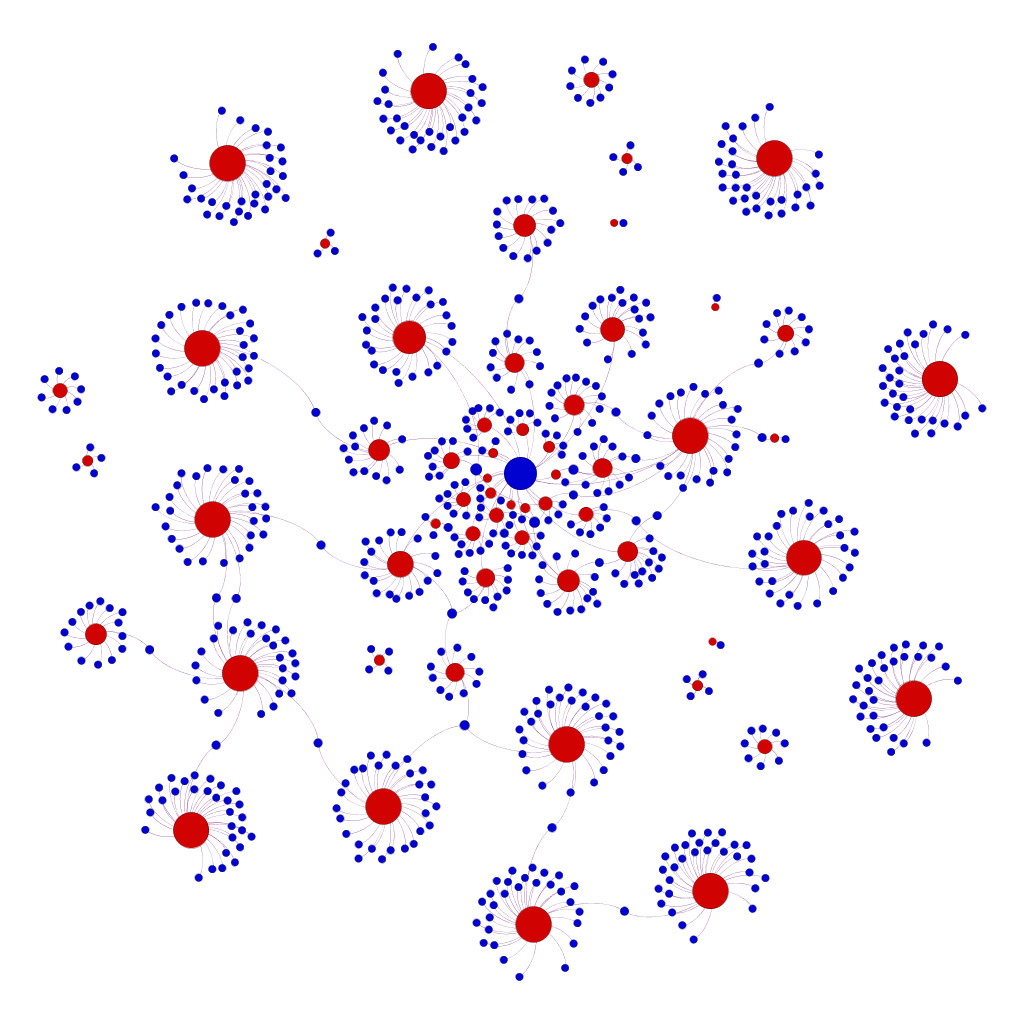
The Simulation Machine: The digital issue we don’t talk about and its implications for the creative economy
The digital issue we don’t discuss and its implications for the creative economy Computers’ ability to effectively simulate a huge variety of functions has allowed them to replace hi-fis, cameras, maps, DVD players, calculators, typewriters, cash registers, musical instruments, watches, TVs, newspapers, books, shopfronts, money and more. Although the changes caused by the general-purpose power of computation are widely observed, it is arguably less discussed than the role of data and/or the costless copying of information....








